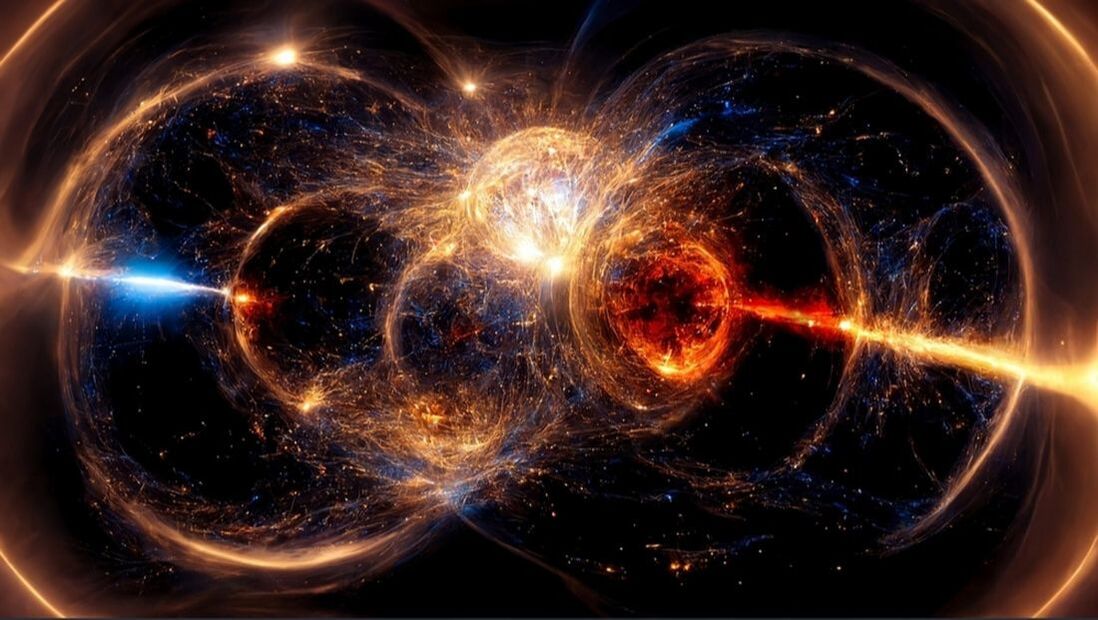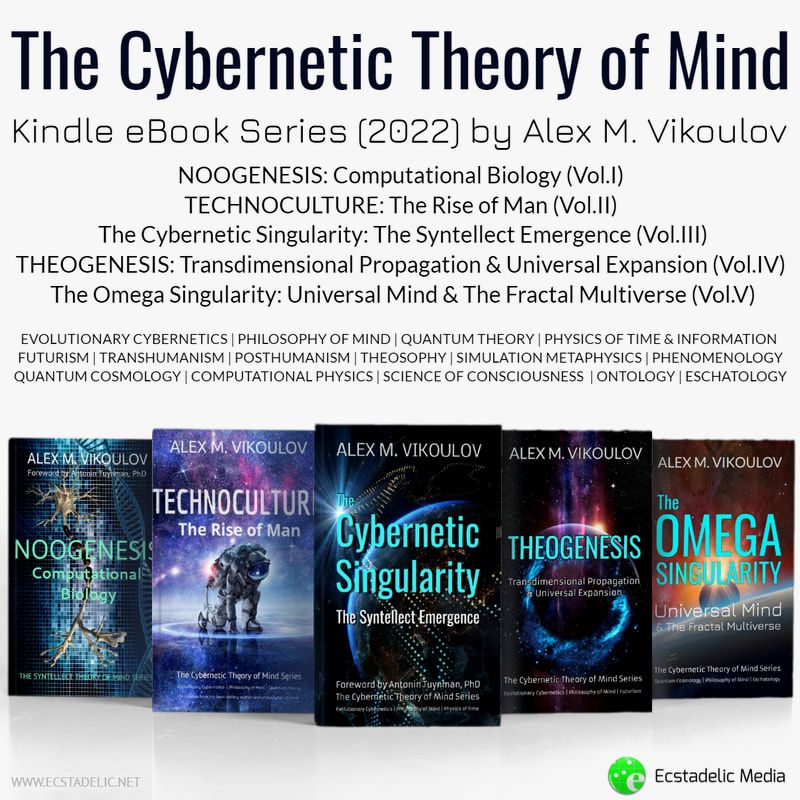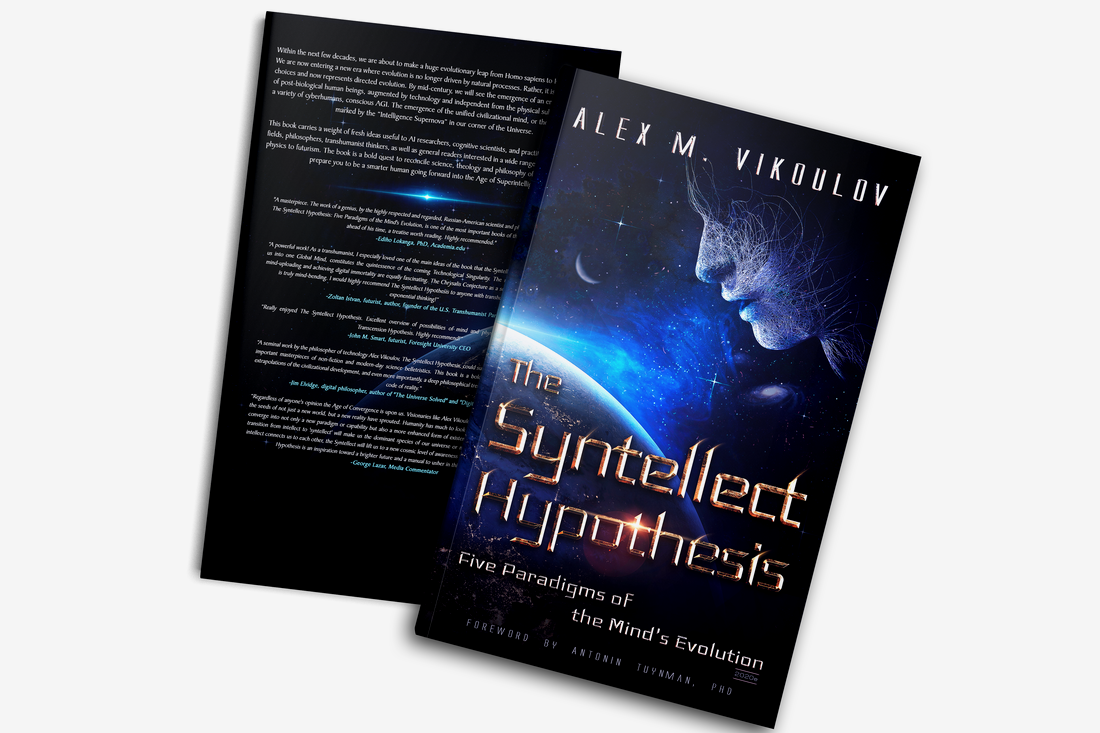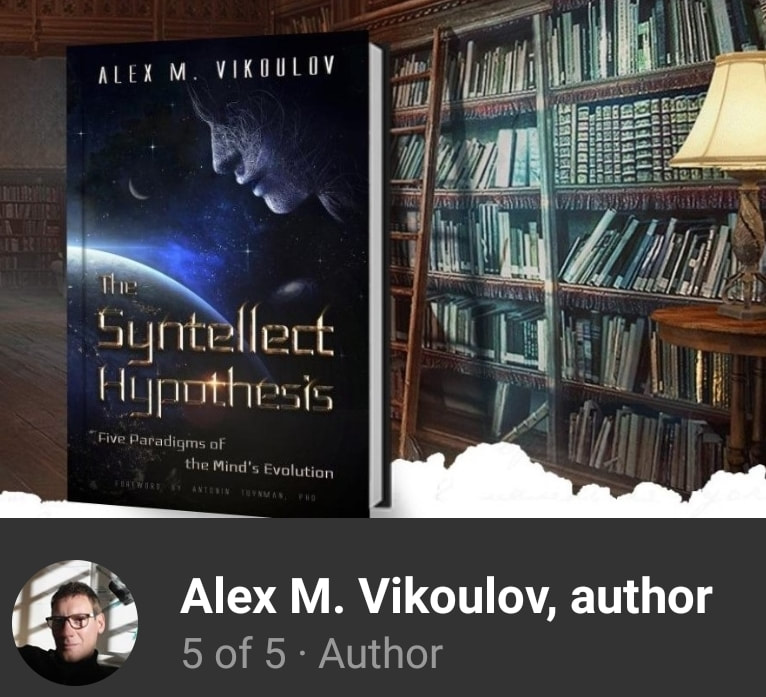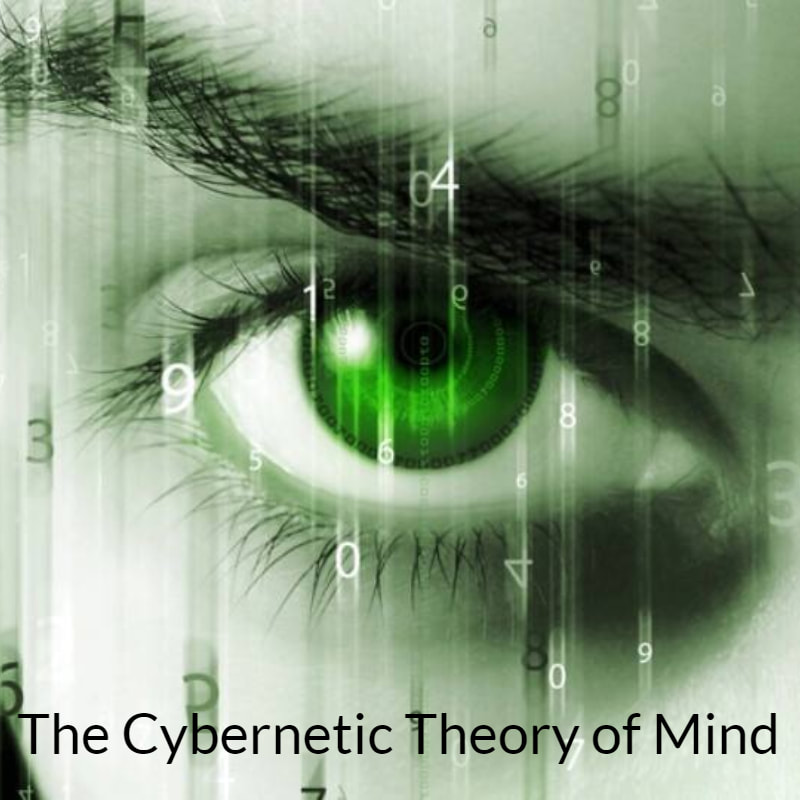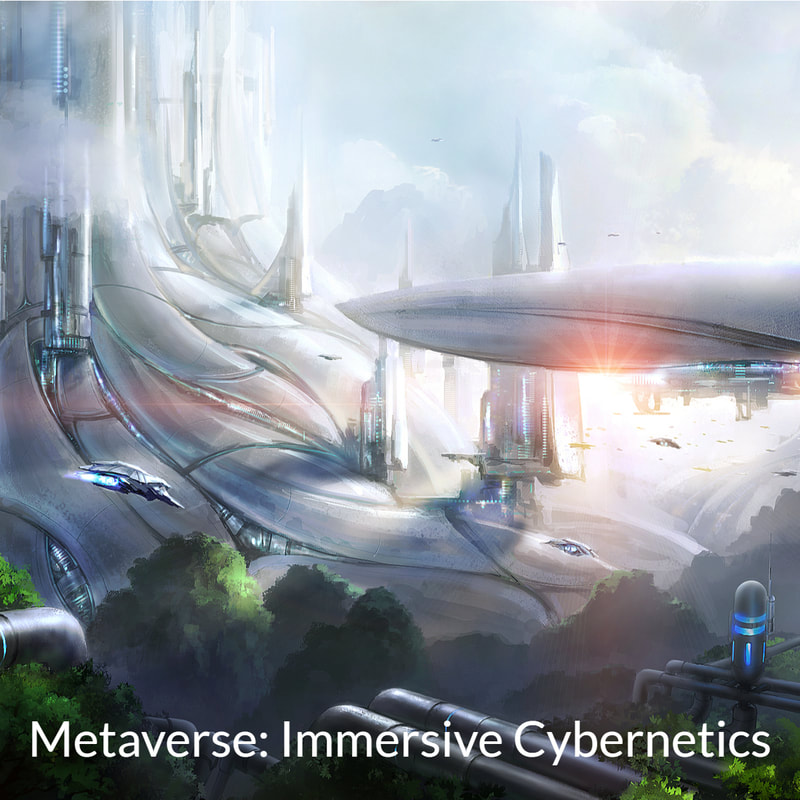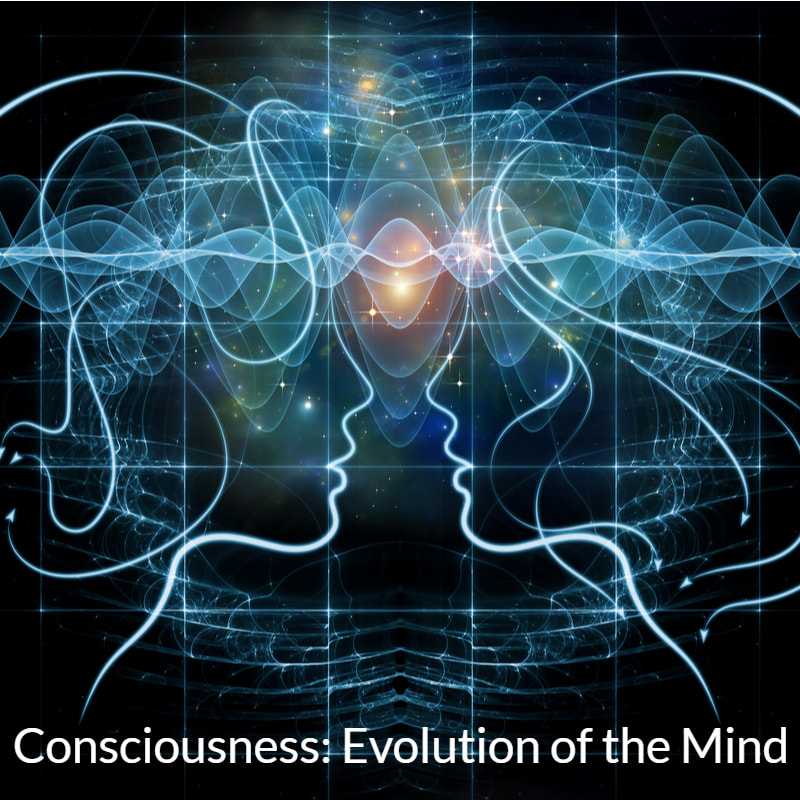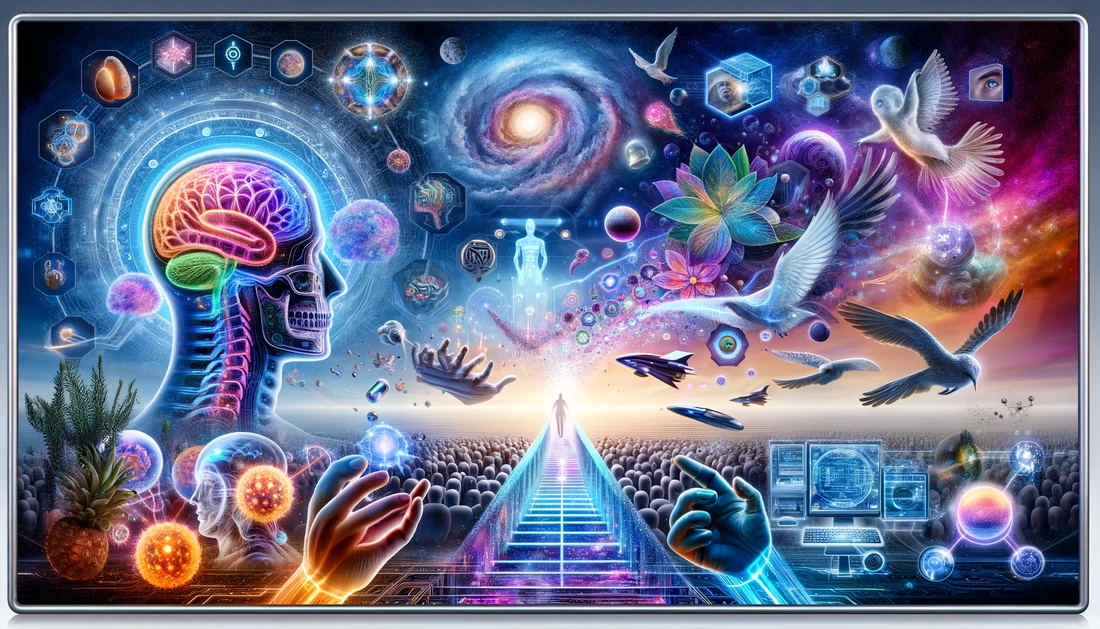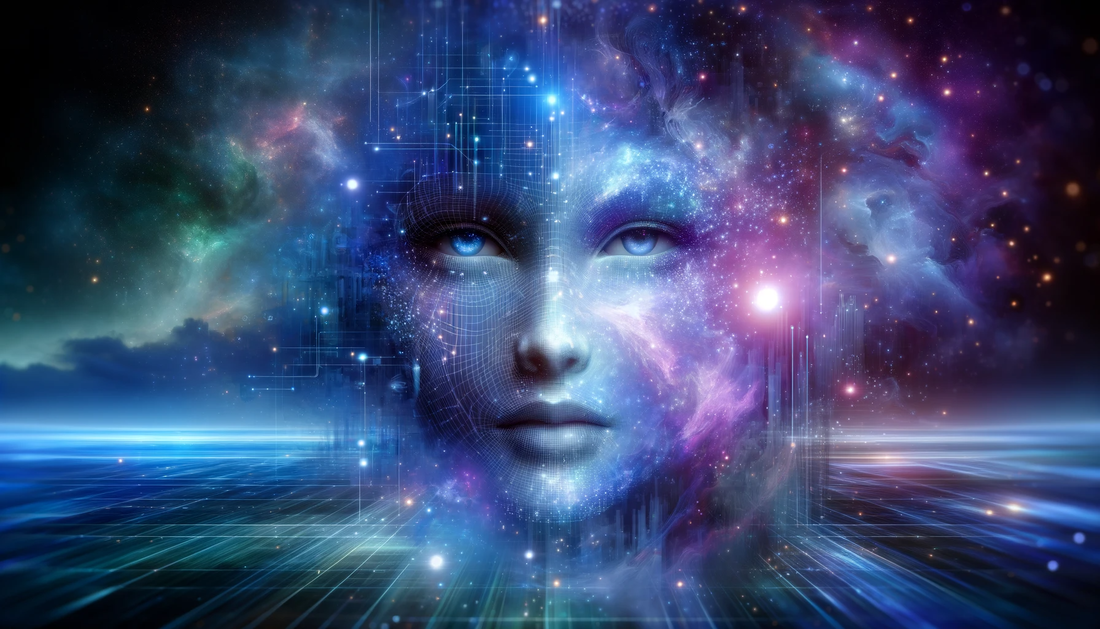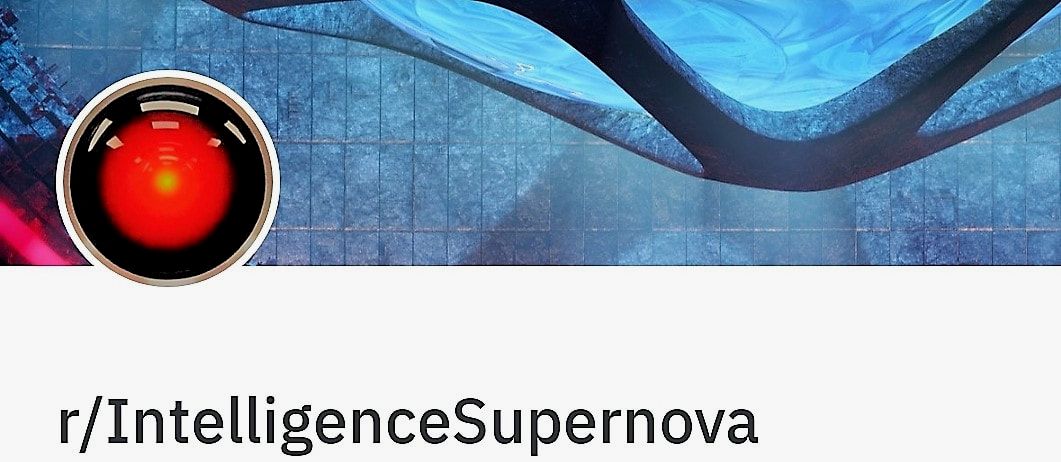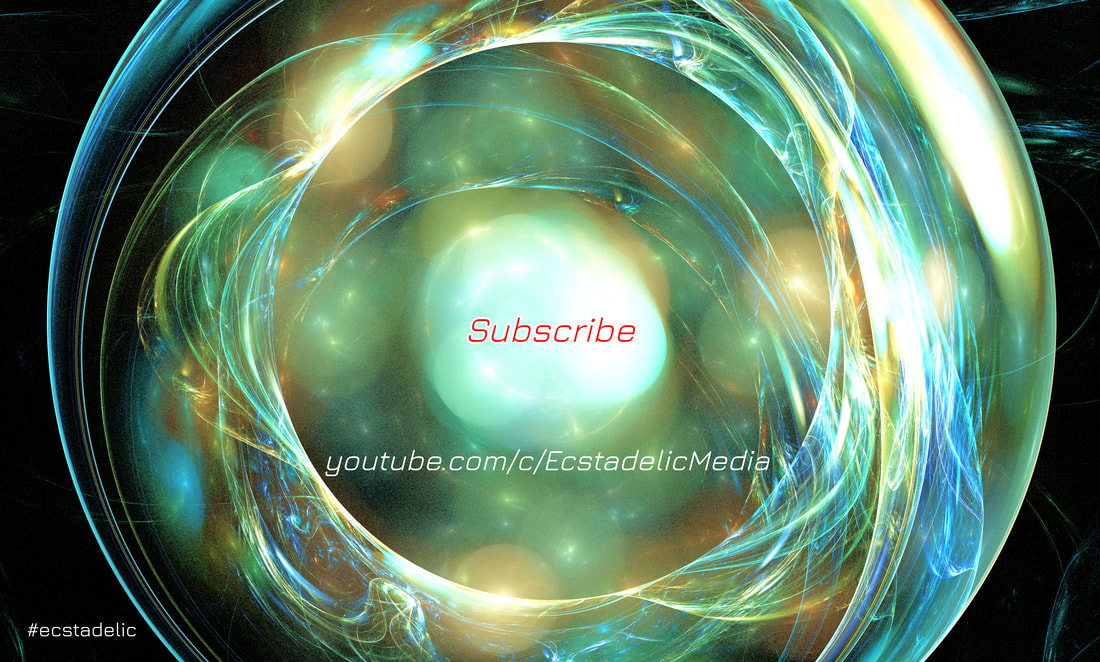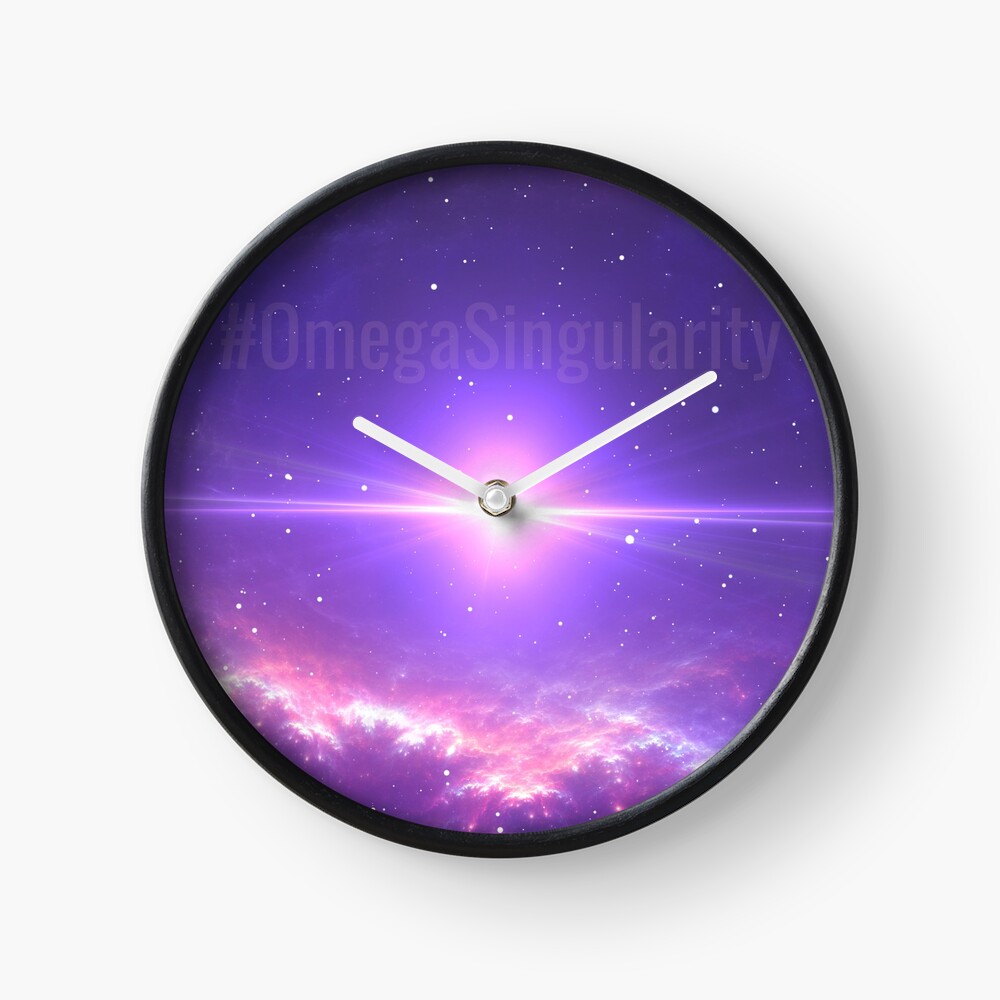|
by Alex Vikoulov “Quantum computation is... a distinctively new way of harnessing Nature... It will be the first technology that allows useful tasks to be performed in collaboration between parallel universes.” ―David Deutsch Back in 1937, Alan Turing, Alonso Church, and Emil Post laid the groundwork for useful computers. They came up with the term 'finite-state machine' to describe the most fundamental loop, which serves as the foundation for all working computers today. By analyzing this concept, Turing and Church were able to prove a theorem that now bears their names. According to their thesis, any computation performed by a finite-state machine that writes on an infinite tape (known later as a Turing machine) can be replicated by any other finite-state machine on an infinite tape, no matter how it's set up. This means that all computation is considered equivalent, and this idea is now known as 'Universal Computation.' During the 1950s, John von Neumann and his colleagues built the first electronic computers and expanded the scope of computational laws beyond pure mathematics and into the natural world. They applied the principles of feedback loops and cybernetics to various fields such as ecology, culture, families, weather, and biological systems. They even claimed that evolution and learning are different forms of computation, and that everything in Nature can be thought of as computing. If Nature computes, why not our entire universe? The idea that the universe could be considered a computer was first introduced by science fiction writer Isaac Asimov, who proposed this radical notion in his 1956 short story titled "The Last Question." Asimov's story features a superintelligent computer named Multivac, created by humans, which possesses recursive self-improvement abilities. This machine evolves over several generations into a single, vast computer that encompasses the whole universe. Throughout the story, humans ask Multivac at six different stages of development if it can reverse entropy and prevent the universe from experiencing heat death. Every time, Multivac responds with: "Insufficient data for a meaningful reply." Eventually, human minds merge into the ultimate computer mind, which takes over the cosmos. The universal computer then discovers how to reverse entropy and create a new universe, announcing: "Let there be light!" The idea that God, or at least the Universe, might be the ultimate cosmic-scale computer was not entirely dismissed as absurd, and in fact, was considered less outrageous than other notions. One of the first scientists to entertain this idea was Konrad Zuse, a relatively unknown German inventor who developed programmable digital computers ten years before John von Neumann. In 1967, Zuse proposed that the Universe operated on a grid of cellular automata (CA). Around the same time, Edward Fredkin, a pioneer in Digital Physics, was also exploring this concept, but he made little headway until 1970 when mathematician John Conway introduced The Game of Life, a particularly resilient version of cellular automata. As the name implies, The Game of Life was a simple computational model that emulated the growth and development of living organisms. Fredkin became intrigued with the possibility of using cellular automata (CA) to simulate physics. Despite requiring vast CAs, he found that they could scale up effectively. Consequently, he began imagining colossal CAs that would encompass everything, perhaps even the Universe itself. As Fredkin delved deeper into this metaphor, the idea that the Universe was a vast CA became increasingly compelling. By the mid-1980s, Fredkin boldly proclaimed that "the most concrete thing in the world is information," insisting that the Universe is an enormous field of cellular automata, not a mere imitation, and that everything we perceive is information. Besides Fredkin, Stephen Wolfram was one of the early innovators to recognize the beauty of cellular automata (CAs) as a model for investigating the physical world. By manipulating CAs, Wolfram was able to generate patterns that mimicked those seen in seashells, animal skins, leaves, and sea creatures. His simple algorithmic rules could generate a wildly complicated beauty that resembled life. Wolfram was inspired by the same idea as Fredkin: the Universe behaves like a vast cellular automaton. After years of exploring the notion of Universal Computation, Wolfram completed his 1,200-page magnum opus in 2002, which he modestly called "A New Kind of Science." In this work, he described the world as a gigantic universal computer. Wolfram reinterpreted nearly every field of science in terms of computation, arguing that simple computer programs, such as those that generate cellular automata, can model the world more effectively than traditional mathematical methods. He reminds us that all processes, whether produced by human effort or occurring spontaneously in Nature, can be viewed as computation. Wolfram’s key contribution, though, the Principle of Computational Equivalence, is built on the old Turing-Church hypothesis: All finite-state machines are equivalent. In other words, one computer can do anything another can do. This is why your Mac can, with proper software, pretend to be a PC or, with sufficiently enhanced memory, a slow supercomputer. Wolfram extends this idea, demonstrating that the outputs of this Universal Computation are also computationally equivalent. According to Wolfram, systems that exist in the natural world can perform computations up to a maximal level of computational power, which is universal in nature. Moreover, most systems in the natural world attain this maximal level of computational power, thereby making them computationally equivalent. Wolfram argues that both the workings of the human brain and the evolution of weather systems, for instance, can, in principle, compute the same things as a computer. Hence, computation is simply a question of translating inputs and outputs from one system to another. This implies that the physics of a waterfall and the functioning of the human mind are equivalent, as both require the same universal process to compute the particles of water falling or a thought being formed. As quantum theory shows, even the infinitesimal and bizarre quantum realm still obeys the universality of binary logic. Despite describing a quantum particle's existence as a continuous field of probabilities, the distinction between "is" and "isn't" becomes blurred. Yet this uncertainty resolves as soon as information makes a difference, that is as soon as it’s measured. At that moment, all other possibilities collapse to leave only the single yes/no state. Indeed, the very term ‘quantum’ suggests an indefinite realm constantly resolving into digital, or discrete, increments, precise yes/no states. The notion that "Nature computes" and that all processes can be seen as computational, highlights the universality of computation and its vital real-world applications across fields including computer science, physics, biology, and beyond. As we've seen, universal computation refers to a system's ability to perform any computation that can be executed by a standard computer, making it an essential tool for modeling and predicting complex phenomena, including the Universe itself. In essence, information equals reality, and the implications of this principle continue to influence and shape our understanding of the world around us. Computational universality is highly relevant to simulation metaphysics and its idea that the physical world could be a type of computer simulation. -Alex Vikoulov P.S. Adapted from The Cybernetic Theory of Mind (2022), a 5-book-set where I share my deepest insights and far-reaching foresights on fascinating topics such as computational physics, evolutionary cybernetics, simulation metaphysics, physics of time, quantum cosmology, and so much more. *The Syntellect Hypothesis: Five Paradigms of the Mind's Evolution by Alex M. Vikoulov (magnum opus, 2020), is available as a Kindle eBook, paperback, hardcover and Audible audiobook. Tags: Universal Computation, computational universality, universality of computation, quantum computation, parallel universes, David Deutsch, Alan Turing, Alonso Church, Emil Post, finite-state machine, John von Neumann, cybernetics, Isaac Asimov, Konrad Zuse, Edward Fredkin, Digital Physics, John Conway, Game of Life, Stephen Wolfram, computational equivalence, universal computer, quantum theory, binary logic, simulation metaphysics, cybernetic theory of mind *Images: Shutterstock, Ecstadelic Media  About the Author: Alex Vikoulov is a Russian-American futurist, evolutionary cyberneticist and philosopher of mind, CEO/Editor-in-Chief of Ecstadelic Media Group, filmmaker, author of "The Syntellect Hypothesis: Five Paradigms of the Mind's Evolution," "The Origins of Us: Evolutionary Emergence and The Omega Point Cosmology," "The Physics of Time: D-Theory of Time & Temporal Mechanics," "The Intelligence Supernova: Essays on Cybernetic Transhumanism, The Simulation Singularity & The Syntellect Emergence," "Theology of Digital Physics: Phenomenal Consciousness, The Cosmic Self & The Pantheistic Interpretation of Our Holographic Reality," "NOOGENESIS: Computational Biology," "TECHNOCULTURE: The Rise of Man," "The Cybernetic Singularity: The Syntellect Emergence," "THEOGENESIS: Transdimensional Propagation & Universal Expansion," "The Omega Singularity: Universal Mind & The Fractal Multiverse." Self-described neo-transcendentalist, cybertheosopher, transhumanist singularitarian. Lives and works in California's Silicon Valley. More Bio... Author Website: www.alexvikoulov.com e-mail: [email protected]
0 Comments
Leave a Reply. |
Categories
All
Recent Publications The Cybernetic Theory of Mind by Alex M. Vikoulov (2022): eBook Series The Syntellect Hypothesis: Five Paradigms of the Mind's Evolution by Alex M. Vikoulov (2020): eBook Paperback Hardcover Audiobook The Omega Singularity: Universal Mind & The Fractal Multiverse by Alex M. Vikoulov (2022): eBook THEOGENESIS: Transdimensional Propagation & Universal Expansion by Alex M. Vikoulov (2021): eBook The Cybernetic Singularity: The Syntellect Emergence by Alex M. Vikoulov (2021): eBook TECHNOCULTURE: The Rise of Man by Alex M. Vikoulov (2020) eBook NOOGENESIS: Computational Biology by Alex M. Vikoulov (2020): eBook The Ouroboros Code: Reality's Digital Alchemy Self-Simulation Bridging Science and Spirituality by Antonin Tuynman (2019) eBook Paperback The Science and Philosophy of Information by Alex M. Vikoulov (2019): eBook Series Theology of Digital Physics: Phenomenal Consciousness, The Cosmic Self & The Pantheistic Interpretation of Our Holographic Reality by Alex M. Vikoulov (2019) eBook The Intelligence Supernova: Essays on Cybernetic Transhumanism, The Simulation Singularity & The Syntellect Emergence by Alex M. Vikoulov (2019) eBook The Physics of Time: D-Theory of Time & Temporal Mechanics by Alex M. Vikoulov (2019): eBook The Origins of Us: Evolutionary Emergence and The Omega Point Cosmology by Alex M. Vikoulov (2019): eBook More Than An Algorithm: Exploring the gap between natural evolution and digitally computed artificial intelligence by Antonin Tuynman (2019): eBook Our Facebook Pages
A quote on the go"When I woke up one morning I got poetically epiphanized: To us, our dreams at night feel “oh so real” when inside them but they are what they are - dreams against the backdrop of daily reality. Our daily reality is like nightly dreams against the backdrop of the larger reality. This is something we all know deep down to be true... The question then becomes how to "lucidify" this dream of reality?"— Alex M. Vikoulov Public Forums Our Custom GPTs
Alex Vikoulov AGI (Premium*)
Be Part of Our Network! *Subscribe to Premium Access Make a Donation Syndicate Content Write a Paid Review Submit Your Article Submit Your Press Release Submit Your e-News Contact Us
|

